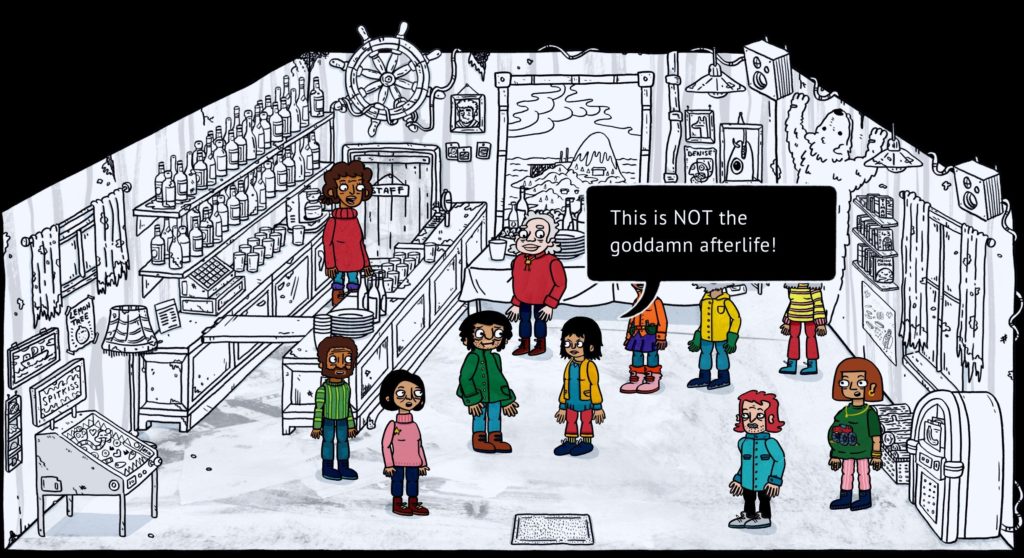
PC, Mac, Xbox One
Back in July I wrote about the free prologue game, Welcome To Elk: The First Stories, and absolutely adored it. Now the full-length version is out, and I’m delighted to report it’s really wonderful.
This is a game about a woman called Frigg (named after, of course, a Norse goddess, and not the single-g unfortunate British slang), who arrives on the tiny island of Elk ostensibly to work as an apprentice for a local carpenter. Very quickly she becomes embroiled in the personal lives of the island residents, as well as caught up in the stories they like to tell.

Really, Welcome To Elk is a game about the act of telling stories. This is the case in ways so interweavingly complex as to become too big of a spoiler to unpick here. But it becomes immediately obvious that Frigg is woven between layers of reality, not least when she overhears the developers of the game discussing how to introduce one of the story elements.
As you play, your run around the little island, helping people out, chatting with groups, and hearing tales. Sometimes these are told through cartoon sequence with text, other times an interactive flashback, other times real-world film footage of people telling their stories. Because as you play Elk, you realise that everything you’re experiencing is at least based on real stories told by real people.

Alongside all that, there are a bunch of minigames, all used once then abandoned. Which is a great relief when it comes to the completely broken mini-golf, but a real shame when it’s the utterly glorious singing competition. I wrote about the singing last time, and while there are two incidents of it in different forms, it’s so indescribably beautiful, touching and special, that I crave an entire game just built on this one mechanic alone. I could happily play them all day long, rather than just the minute or two they’re around for.
Elk is very much a game about new ideas arriving and disappearing, even as complicated as a miniature version of The Incredible Machine asking you to design a squirrel trap, then never being used again. Which is brilliant, and brave.

The stories told here range from peculiar to outright unsettling. The game often depicts or discusses situations where rape is threatened, and also covers topics like death, alcohol addiction and suicide. But it is in no sense a depressing or dark game. It is testament to how well everything is handled that these heavy subjects are treated as such, that they are impactful and serious, and yet somehow the overall tone remains one of optimism. It certainly helps that everything is hand-drawn cartoons, with the residents animated like excited Scribblenauts characters.
The island, to my best guess, is an amalgamation of Greenland and Denmark, with stories seeming to come from both. Of course, Greenland is an autonomous territory of Denmark’s, so the overlaps make sense. Its remoteness adds to the sense of unreality that permeates the entire game, which itself underlines what this game is really all about: the truth of fiction.

I’m fascinated by this subject. In fact, my dissertation title was, “How The Stories Young People Tell And Hear Affect The Ways They Perceive Their Lives”. The idea being, there and here, that the stories we tell and are told shape us, and shape how we perceive the world around us. Welcome To Elk explores this, and then on a more meta level, explores the morality of reshaping these stories from first-hand accounts into fictional narratives.

Often after you experience a story in the game, when you return to Frigg’s home you’ll find a first-hand account of something similar, written down on paper, and tucked into a glass bottle sat on her table. Reading these gives you what is presumably the “truer” version of the tale, as told to the developers by the people they spoke to when putting together the game. Oftentimes you’ll see names that are the same as the characters with whom you’re interacting. Other times there will be contradictions, or you’ll find out something happened slightly differently than you just experienced, or even entirely differently with some overlapping conceits. It’s an extraordinary way to show how “based on a true story” covers so much ground, and gets you thinking about the ethical nature of lifting real-life stories and putting them into fantastical settings. About how slight details of a person can immediately become caricatures when simmered down into a gaming vignette.

I’m so pleased I played this. That I got to hear these stories, these miniature moments of people’s lives, presented with that laconic, nonchalant tone of those predisposed to the wilderness. I love that Frigg is unlike that, the outsider variously astonished/horrified/delighted by the events that everyone around her takes in their stride. She is the emotional outlet, both for the characters, and the player.

I’m sad to report the completely inexplicable llama from the prologue is only to be found hidden in the background in the full game, but disappointed by nothing else. This is a series of stories that creates a game about telling stories, and indeed portrays the act of being a game about telling stories. Its ending is something I’ve never seen any game do before, and yet feels so perfectly in keeping with everything that comes before it. This is a fantastic achievement.

- Triple Topping
- Steam / Xbox One
- £11.40/€12.50/$15
- Official Site
All Buried Treasure articles are funded by Patreon backers. If you want to see more reviews of great indie games, please consider backing this project.


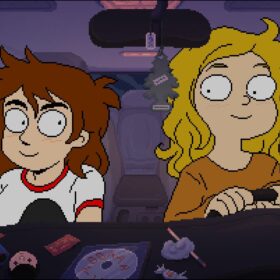
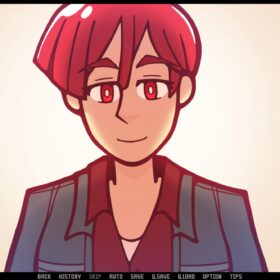

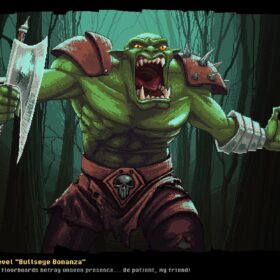



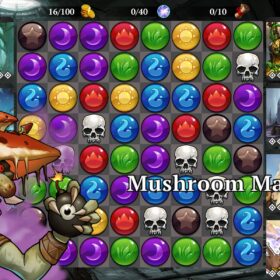
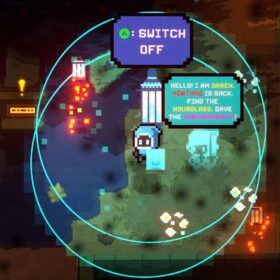

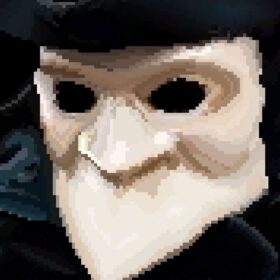
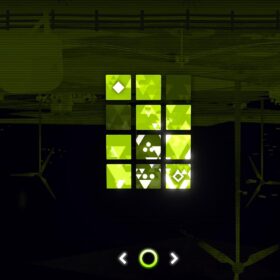
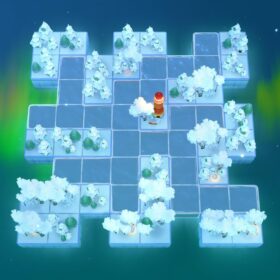
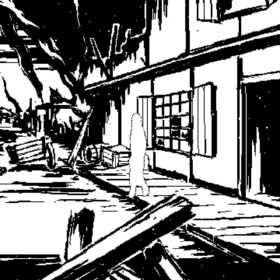


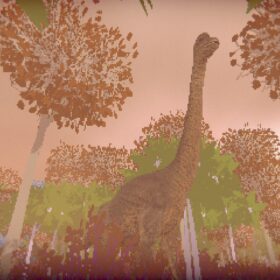
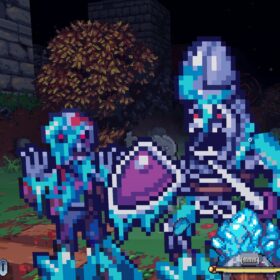
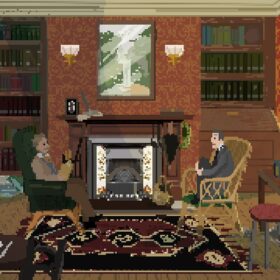
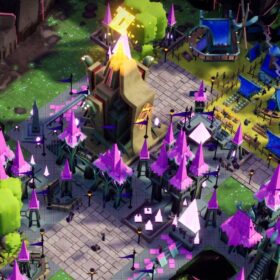
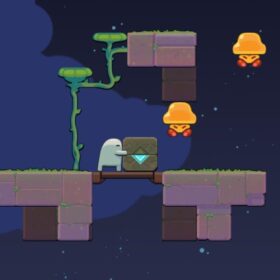
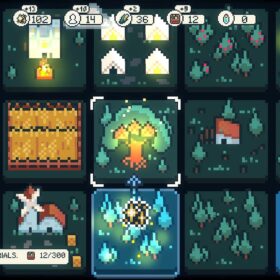

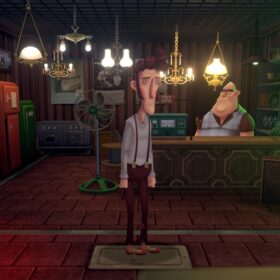
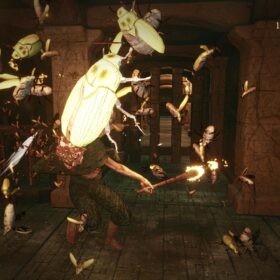

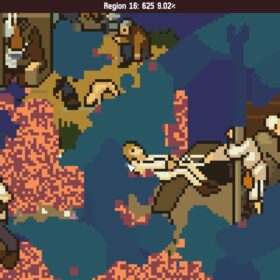
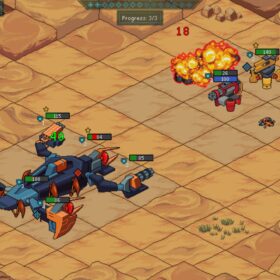


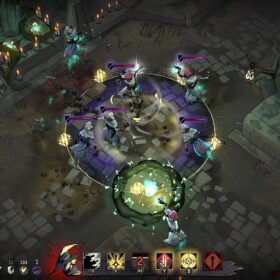
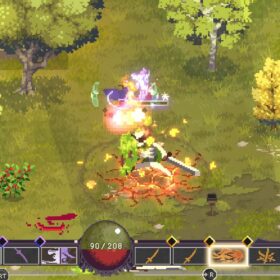
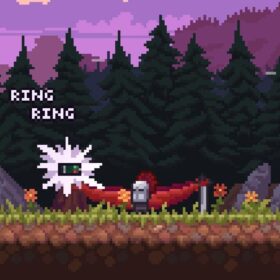

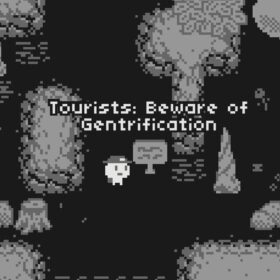
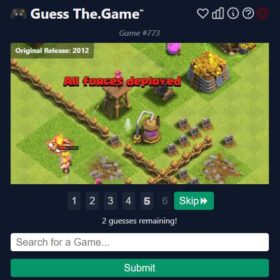
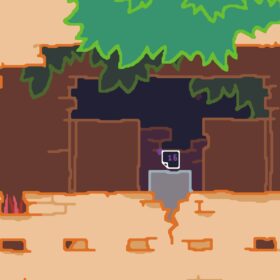
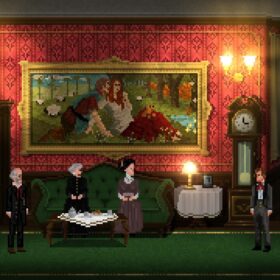

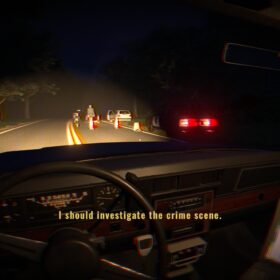
This sounds like a game I could really get in to, thanks for bringing it to my attention John, and keep up the great writing!
If I’d played this last year it would have easily made near the top of my top 10, a true gem that I hope gets more coverage as time goes on. It’s been a long time since I’ve played something that gets such heavy material to feel right without glossing over it or not doing it service.